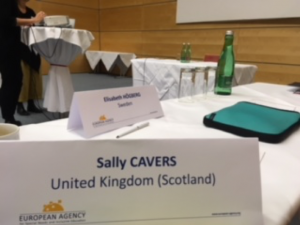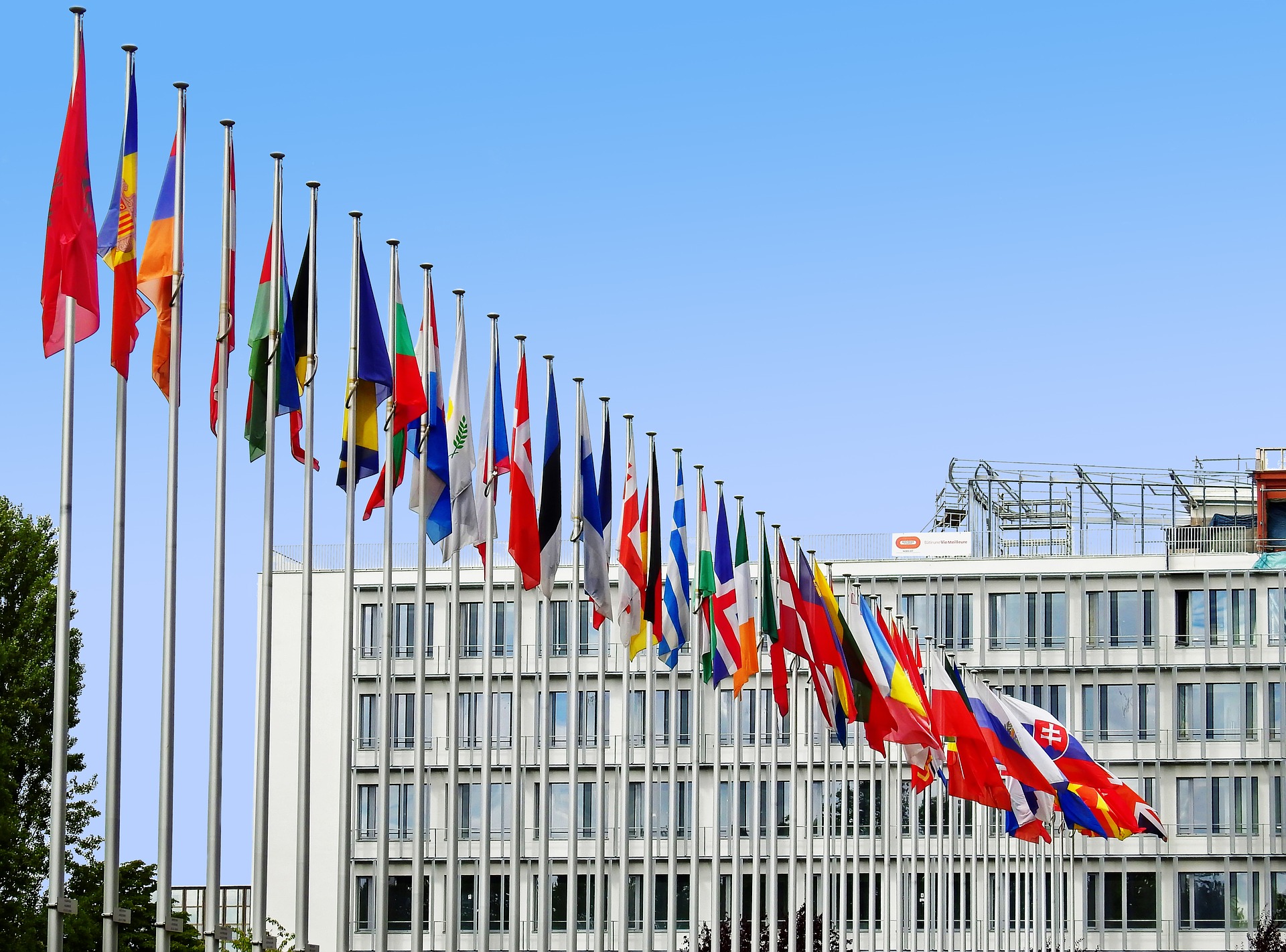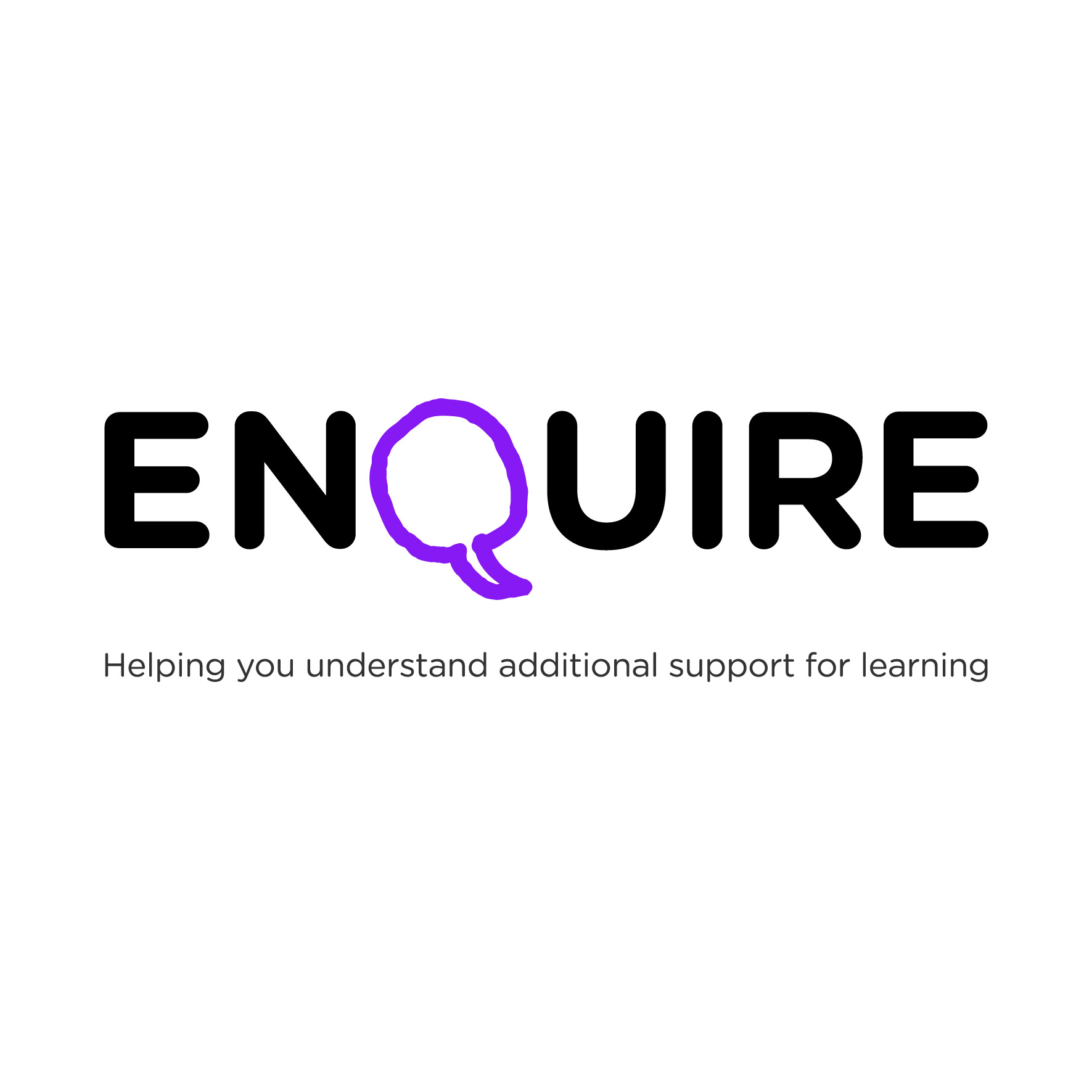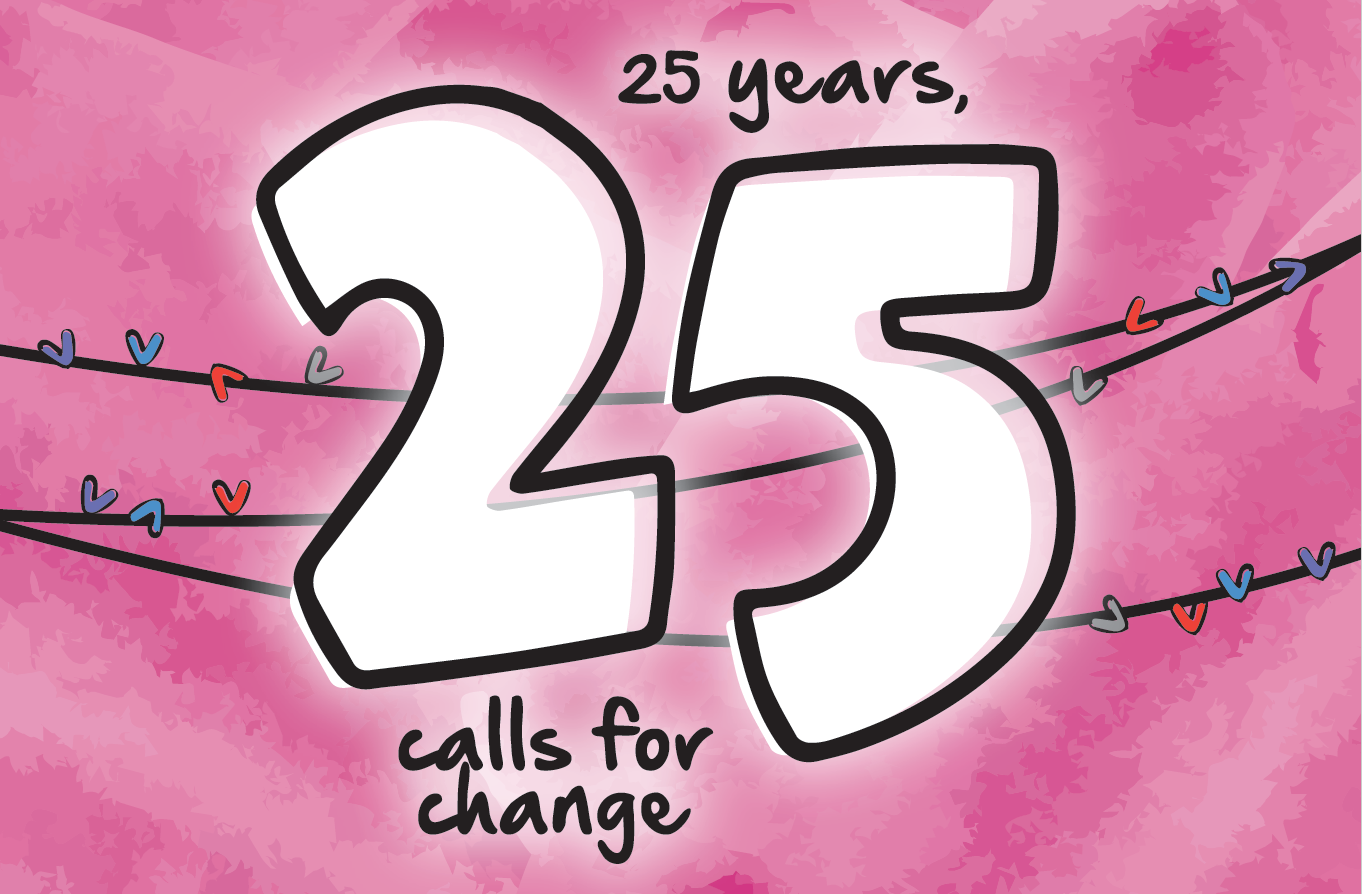Leading and learning on inclusion
11 Dec 2018
A recent meeting in Vienna discussed important research, resources and progress in inclusive education across Europe, as Sally Cavers reports
Mary Hoey, Assistant Director of Education Scotland, and Sally Cavers, Head of Inclusion at Children in Scotland, attended the recent bi-annual meeting of the European Agency for Special Needs and Inclusive Education, held in Vienna in October.
Scotland has been a member of the Agency since 1996 as part of the UK representation and then its own representation since 2007.
The meeting was an opportunity to hear about the progress of current Agency projects and shape the development of new projects. We are keen that we tell people about the research, project outputs and networks open to us because of membership of the Agency. We hope that a range of people might find this helpful in their own research, policy considerations or practice.

10 key updates on the Agency
- New Agency members were introduced from Cyprus, Latvia, Luxembourg, Serbia, Spain, Northern Ireland and Wales– bringing Agency membership up to 35 jurisdictions.
- The Financing Policies of Inclusive Education Systems Projectends this year and its main output will be a policy guidance framework available at the end of 2018. This document will include findings collected and analysed from across countries, with the aim of presenting guidance to policy makers for inclusive education which has been developed with and validated by the ministerial representatives of all Agency member countries.
- Data gathered by the Agency for member countries on inclusive education for 2016 is now liveon the websiteunder five categories, including the number of pupils with an official decision of SEN (ASN) and gender breakdown of these pupils. This data may be of interest to a range of people in Scotland.
- Scotland was one of three countries chosen to take part in the Raising Achievement for Allproject which concluded in 2017. Calderglen Learning Community in South Lanarkshire was selected and the project focused on leadership, pedagogy and participation. Agency staff will be returning to the schoolsand will look at leaver destinations after the project involvement and at the impact on the country’s Representative Board members’ perspective beyond the local school community.
- Inclusive Education in Action(IEA) is a joint initiative between the Agency and UNESCO and the new website contains case studies and resourcesabout inclusive education.
- We were presented the findings of the first two stages of the Country Policy Review and Analysis Project which began four years ago. Its aim was to use European level information to work with countries to further inform policy development work. The project team has now developed a review of how policies match key recommendations for inclusive education.
Scotland was involved in the first stage of the project where information about all relevant additional support for learning and education policies were collected. The project team considered the approaches being used and whether they could be categorised as prevention, intervention or compensation measure. Mary Hoey attended a meeting in June 2018 to reflect on the perceived value of the project for country representatives and how its outputs could be used. Giving countries a snapshot of their policies, the main results of the policy analysis results for Scotland can be found here.
- The Supporting Inclusive School Leaders project’s initial findings were presented, showing that school leaders have a key role in policy and developments within schools and there is a need to clarify and recognise their role in policy frameworks and developing inclusive practice. The research also identified a lack of significant or explicit focus on competencies of inclusive leadership and a lack of guidance on how to develop competencies and the form which ongoing support should take. School leaders need access to resources, autonomy and discretion, and accountability mechanismsthat are aligned with other policy areas to support inclusive practice and focus on what really matters to stakeholders in the school and community.
- Phase one findings of the Changing Role of Specialist Provision in Supporting Inclusive Education (CROSP) were highlighted and phase two is now being planned. We were asked for the current priority issue in our country. For Scotland we described recent developments including the review of the presumption of mainstream guidance and strategic national and local commissioning developments.
- Sally Cavers attended a group discussion on interagency co-operation. Other country representatives are always keen to hear about the Getting it right for every child Framework. In this session, members were looking for ideas about how to train staff on working collaboratively and how to effectively engage colleagues in health. Members also described difficulties in supporting inter-agency co-operation when different ministries or government departments are involved, as they do not necessarily co-operate well together.
- A new project proposal was accepted on teacher learning: preparing all teachers to include all learners. It will focus on mainstream classrooms, initial work will aim to define the essential policy elements needed to prepare all teachers to teach all learners.
If you’d like to find out more about the Agency and Scotland’s membership look at the website and don’t hesitate to get in touch with the representatives.

Learn more about the Agency
Find out more about the work of the European Agency for Special Needs and Inclusive Education.
Visit the website
Enquire
Find out more about Enquire, the Scottish advice service for additional support for learning
Visit the website
25 Calls campaign
Call 12: Embed understanding of ASN in initial teacher training and ongoing development
Read more